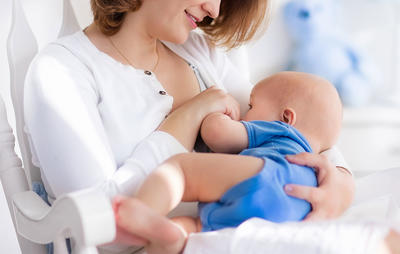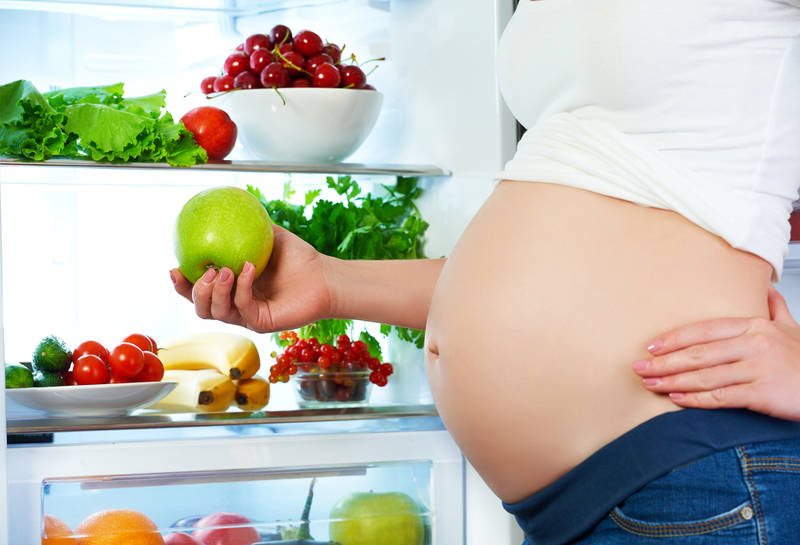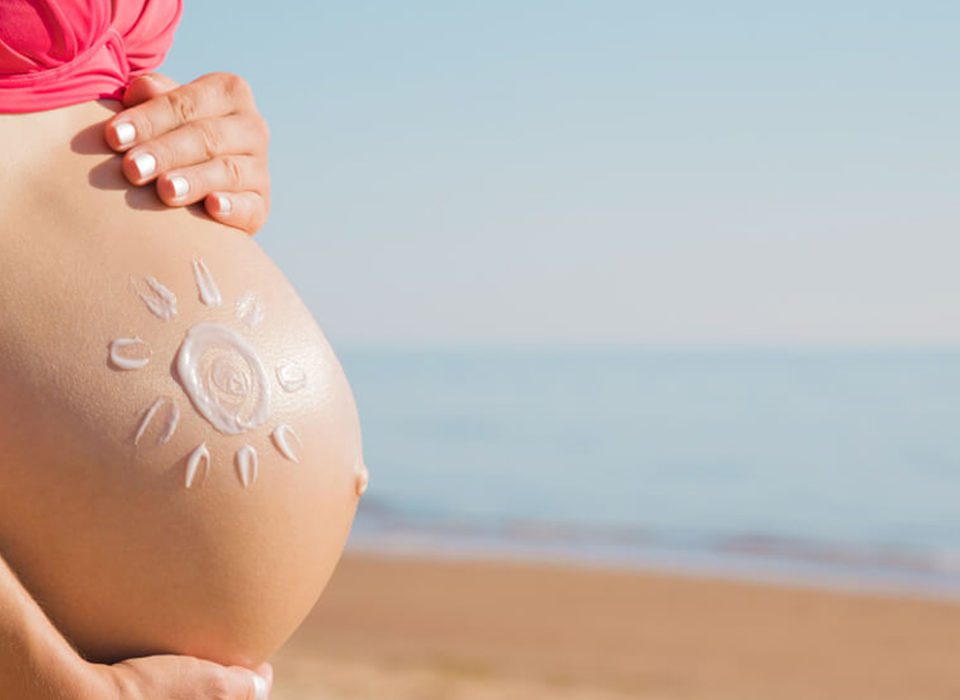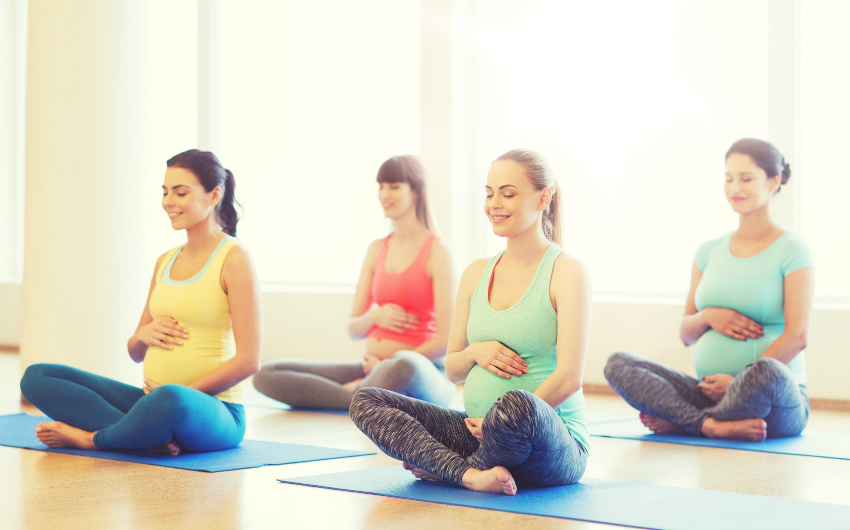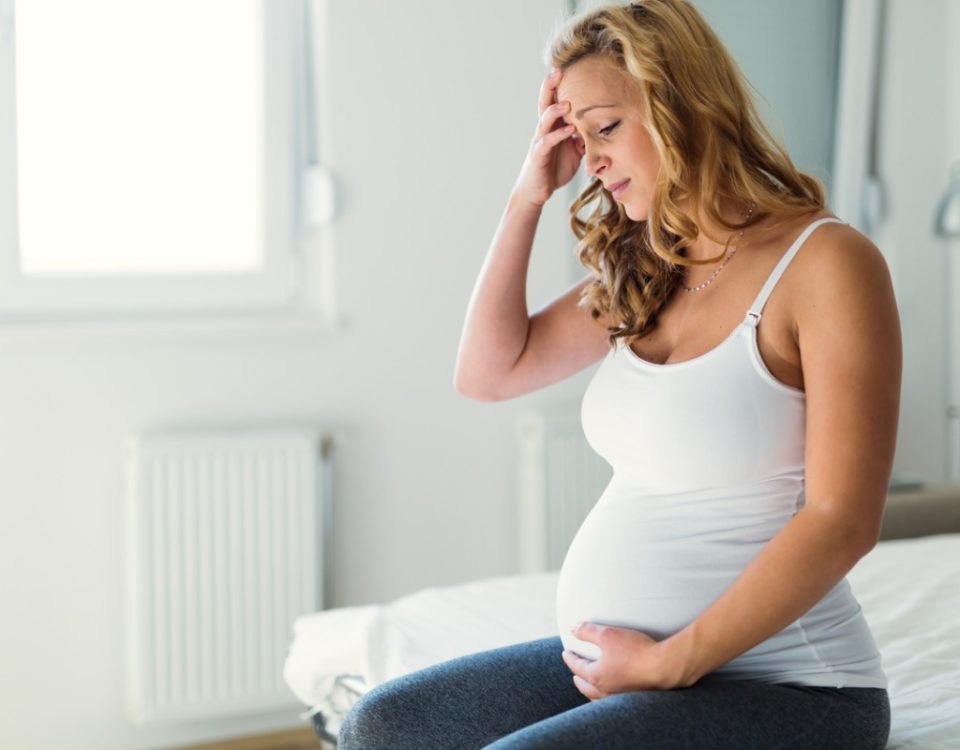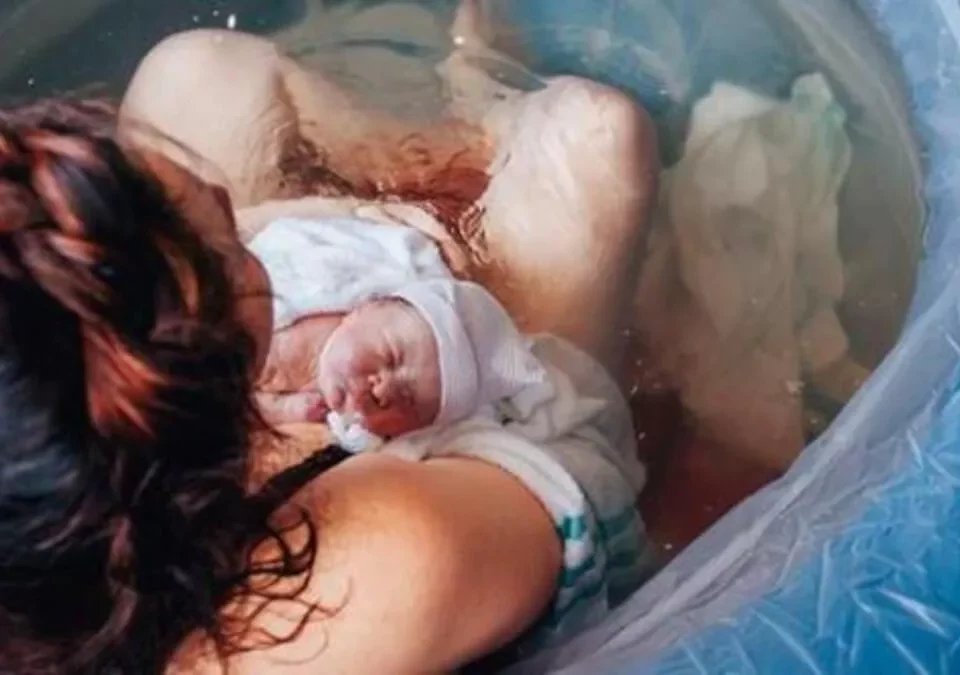Because the concept of family holds great importance in our society, couples generally try not to leave too long a gap between their first and second children. While some couples find it appropriate to leave at least 3-4 years between siblings, others research when they can conceive again. However, the time it takes for a mother to be ready for a new pregnancy after childbirth, and what the ideal time for a second pregnancy is, is influenced by many different factors. The World Health Organization recommends a minimum of 2 years between childbirth and a second pregnancy. This 2-year period is ideal for the mother to breastfeed her baby for 2 years and for both her body and uterus to be ready for a new pregnancy.
Since the risk increases in pregnancies over the age of 35, if the mother is over 35, the time between pregnancies should be set at one year. If a second child is being considered, another recommendation is to not leave a gap of more than five years between pregnancies. Short intervals between pregnancies can increase the risk of premature birth, miscarriage, and low birth weight. However, the mother's anemic state and the vitamins and minerals she has stored are important factors. Therefore, after the first birth, it is important to prioritize adequate and balanced nutrition, and vitamin supplements should be given when necessary.
Does breastfeeding protect against pregnancy?
The idea that breastfeeding protects against pregnancy is a common belief. However, the answer to this question can be both yes and no. According to long-standing beliefs, breastfeeding is thought to reduce the potential for pregnancy, and the breastfeeding period is used as a method of birth control. However, breastfeeding is definitely not a modern method of birth control.
During breastfeeding, the hormone prolactin, secreted from the pituitary gland, effectively stimulates milk production. While doing this, the hormone also suppresses ovulation. This suppression is a mechanism that attempts to prevent pregnancy so that the baby can utilize the mother's resources more effectively. Therefore, breastfeeding can protect a mother from pregnancy. The key point here is the timing of the onset of menstruation. Menstrual periods generally occur within 5-6 months after childbirth. The protection from pregnancy caused by breastfeeding ends with the start of menstruation. So, considering all the factors;
- The mother's menstrual periods have not started,
- The baby is younger than 6 months old.
- The baby being fed entirely or almost entirely with breast milk is a necessary condition for breastfeeding to act as a birth control method that prevents pregnancy.
In conclusion, breastfeeding does not prevent you from getting pregnant. If you start menstruating while breastfeeding, pregnancy can occur, so breastfeeding should not be considered a complete birth control method except under the conditions I have mentioned.


